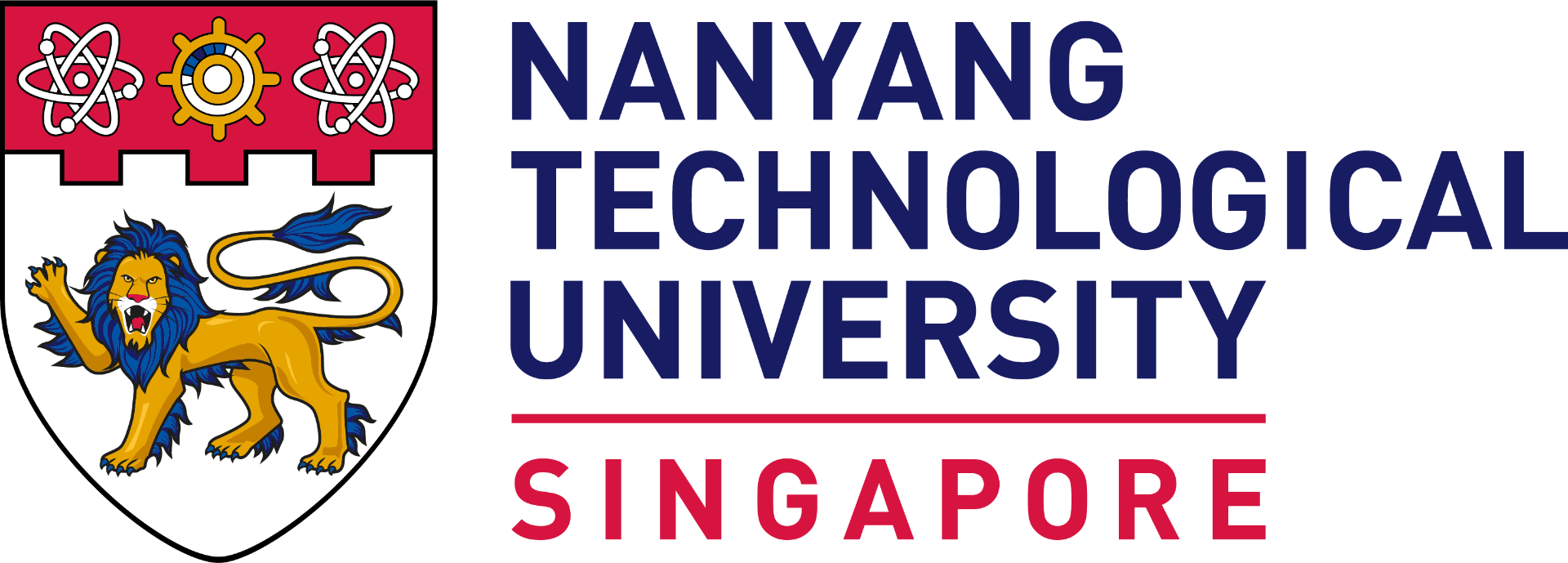At the recent TEDxNTU event on campus, speakers revealed how taking a pause led them to greater heights in their lifelong work
by Chrystal Chan
Prof William Chen
The director of NTU’s Food Science and Technology Programme has pioneered numerous food-based innovations, from turning durian husks into gel bandages that can kill bacteria, to using spent barley grains in place of eggs in mayonnaise.
On pausing to consider new ways to reduce food waste
“Food waste smells so bad, we run as fast away from it as possible. I used to run pretty fast too. I once ran 100km in six days, but I can’t run away from it, because we are generating two bowls per day per person of food waste.
We stopped to think about microbes. If there are bad microbes that cause food waste to smell bad, what about the good microbes that we use to produce food? What if we covered the surface of food waste with good microbes, so the bad microbes have no space to enter?”

Assoc Prof Peer Sathikh
The School of Art, Design & Media prof is an expert in industrial design and was part of the team behind the Eden in Iraq Wastewater Garden Project, a humanitarian project that used clever design to make wastewater treatment beautiful.
On pausing to let the past inform the future
“We have been deliberately designing robots and artificial intelligence to fit into our daily lives, by making them friendly. But one day, they may have a mind of their own. The intelligent systems of the world today have already built a global interconnected network.
How will interactions between humans and non-humans look like in the future? We can look to the past, to tales from Hindu epics, to understand.”

Dr Keri Matwick
A linguist at NTU’s School of Humanities, her passion for food and humour led her to spend three years studying American cooking shows on television. She and her twin sister recently made the news for publishing a paper on Singapore’s Keep Public Toilets Clean campaign posters.
On pausing to find meaning in humorous language
“Have you ever paused to look at the comical posters in Singapore’s public restrooms? The deviation from the norm of following public restroom etiquette is funny. We laugh, those who came before us laughed, those who saw it after us also laughed. Humour creates a shared experience and a feeling of solidarity.
Humour activates the dopamine reward system in the brain, which helps in the activation of long-term memory. One of the things I remember the most from watching cooking shows is the right way to cut an onion.”

Lavender Chang
A conceptual artist and photographer, she has been winning accolades for her work since graduating from NTU’s art school. Her photography has been exhibited globally, including at the International Orange Photo Festival in China and the Sundaram Tagore Gallery in New York.
On pausing to take a second look
“Take the time to try viewing the world from an unfamiliar perspective, such as from the eye level of a cat. You will start to notice things that you normally don’t. A normal traffic column will appear larger and taller, almost as if it is a skyscraper.
My process gives me the chance to pause and view my photographs repeatedly. This helps me to gain a better understanding of my work – and what my work is telling me about myself.”


